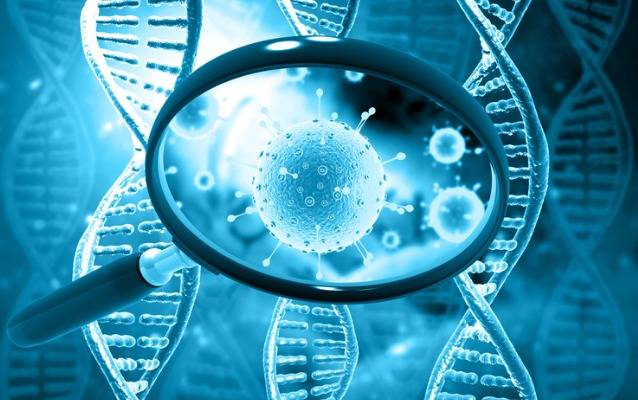Exploring the Advances of Biotechnology in Health Care
 Biotechnology has emerged as a transformative force in the field of healthcare, revolutionizing the way diseases are diagnosed, treated, and prevented. In this article, we explore the significant contributions of biotechnology to healthcare, highlighting breakthroughs in genomics, personalized medicine, regenerative therapies, and biopharmaceuticals.
Biotechnology has emerged as a transformative force in the field of healthcare, revolutionizing the way diseases are diagnosed, treated, and prevented. In this article, we explore the significant contributions of biotechnology to healthcare, highlighting breakthroughs in genomics, personalized medicine, regenerative therapies, and biopharmaceuticals.
Genomics and Personalized Medicine
Biotechnology has revolutionized our understanding of human genetics through advancements in genomics. The Human Genome Project paved the way for identifying disease-causing genes and understanding their mechanisms. Today, next-generation sequencing technologies enable cost-effective and rapid genome sequencing, empowering healthcare professionals to identify genetic variations and tailor treatments to individual patients. Personalized medicine harnesses genomic information to predict disease risks, select optimal drug therapies, and develop targeted treatments for conditions like cancer, cardiovascular diseases, and genetic disorders.
Precision Diagnostics and Biomarkers
Biotechnology has ushered in a new era of precision diagnostics and biomarker discovery. Highly sensitive and specific diagnostic tests based on molecular techniques, such as polymerase chain reaction (PCR) and nucleic acid sequencing, enable early disease detection and accurate monitoring of treatment response. Biomarkers, such as genetic markers, protein signatures, and circulating tumor cells, provide valuable insights into disease progression, prognosis, and response to therapy. These advancements allow for more informed clinical decision-making, optimized treatment plans, and improved patient outcomes.
Regenerative Therapies and Tissue Engineering
Biotechnology has propelled the development of regenerative therapies and tissue engineering, offering hope for patients with severe injuries and degenerative diseases. Stem cell research and gene editing technologies, like CRISPR-Cas9, enable scientists to manipulate and reprogram cells to repair damaged tissues, regenerate organs, and treat conditions such as spinal cord injuries, Parkinson’s disease, and diabetes. Tissue engineering combines biomaterials, cells, and growth factors to create functional replacements for damaged organs or tissues. Bioprinting, a cutting-edge technique, allows for the precise fabrication of complex structures, further advancing regenerative medicine.
Biopharmaceuticals and Therapeutic Innovations
Biotechnology has transformed the pharmaceutical industry through the development of biopharmaceuticals, also known as biologics. These drugs are derived from living organisms or their components and offer novel treatment options for various diseases. Monoclonal antibodies, recombinant proteins, vaccines, and gene therapies are examples of biopharmaceuticals that have revolutionized the treatment of cancer, autoimmune diseases, infectious diseases, and rare genetic disorders. Biotechnology has also facilitated the discovery and optimization of drug candidates through computational modeling, high-throughput screening, and rational drug design, accelerating the drug development process.
Biotechnology’s impact on healthcare is profound, with breakthroughs in genomics, personalized medicine, precision diagnostics, regenerative therapies, and biopharmaceuticals. The integration of biotechnology with healthcare has enhanced disease management, improved patient outcomes, and opened doors to innovative therapeutic interventions. As technology continues to advance, the potential for biotechnology to shape the future of healthcare remains promising.